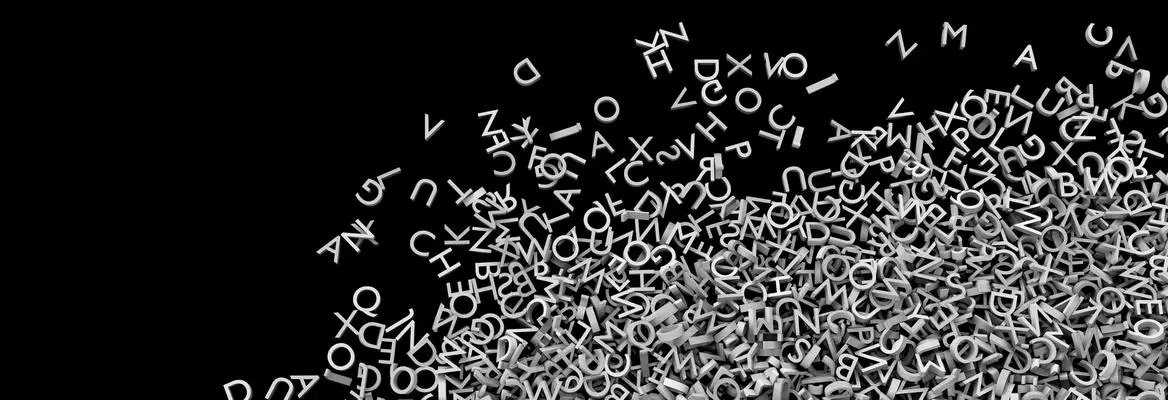Gödel’s famous incompleteness theorem showed us that there is a statement in basic arithmetic that is true but can never be proven with basic arithmetic. But that is just the beginning of the story. There are more true but unprovable, or even able to be expressed, statements than we can possibly imagine, argues Noson S. Yanofsky.
Mathematics has long been viewed as the great bastion of certainty. This absolute certainty comes from the notion of proof. We have confidence that what is proven from true axioms will always be true. Scientists and philosophers are envious of the mathematician’s certainty. Some philosophers, like Spinoza and Wittgenstein, even tried to mimic the lofty proofs of the mathematician in expressing their philosophical ideas.
 SUGGESTED READING
How language distorts reality
By Nick Enfield
SUGGESTED READING
How language distorts reality
By Nick Enfield
Part of this certainty came to a halt in 1931 when a twenty-five-year-old Austrian logician named Kurt Gödel proved a revolutionary theorem that shook the foundations of mathematics to its core. The theorem --- called “Gödel’s incompleteness theorem” --- says that there is a statement in basic arithmetic that is true but can never be proven with basic arithmetic. Young Gödel demonstrated that proofs are not as pervasive as previously thought (see Figure 1.) Although this theorem is over ninety years old, its consequences are still remarkable and not fully explored.

The argument that Gödel used is similar to the liar’s paradox:
“This sentence is false.”
Let us analyze this:
• If the statement itself is true, then it says that it is false, and hence it is false.
• If the statement itself is false, then it is false that it is false and hence it must be true.
So which is it? True or false? The answer is that the statement above can neither be true nor false. Along the same lines, Gödel showed that exact mathematical proofs about basic arithmetic could be made into statements about basic arithmetic. He used this method to formulate a mathematical statement that says
“This statement is not provable.”
Let us analyze this:
• If the statement is true, then it is true and unprovable.
• If the statement is false, then it is provable and hence true (because basic arithmetic can only prove true statements). But the statement says it is not provable. So, the statement is true and false at the same time. This cannot be.
___
There are infinitely many true but unprovable statements
___
One can easily see that this strange mathematical statement, by definition, is true and cannot be proven. No amount of ingenuity will ever prove this statement within basic arithmetic. It is not that we do not have the ability to prove it now. Rather, it will never be proven with the tools of basic arithmetic. This statement is called a “Gödel statement.”
As a bonus, Gödel described another interesting statement in the language of basic arithmetic. He was able to formulate the statement in basic arithmetic that says:
“Basic arithmetic cannot prove a contradiction.”
It turns out that this statement is also true but unprovable. This means that basic arithmetic cannot prove that basic arithmetic is free of contradictions.
The question immediately arises as to whether there are other mathematical statements that are true but unprovable.





















Join the conversation